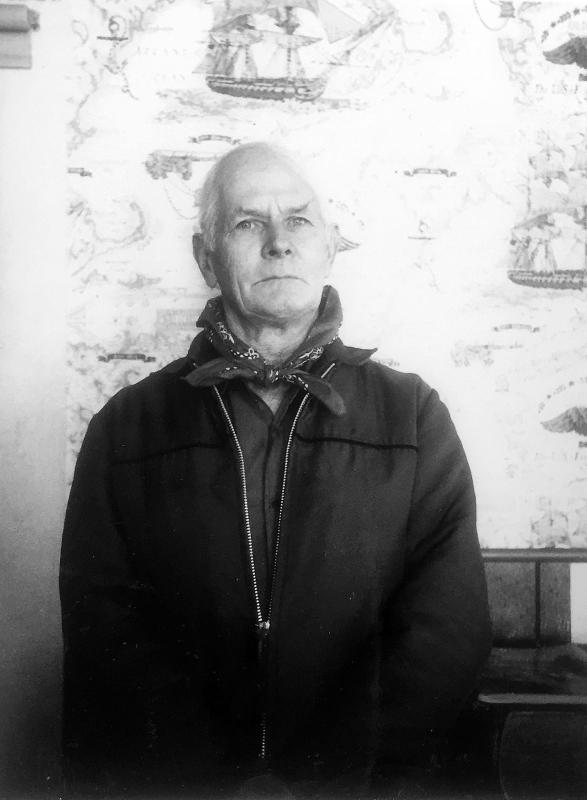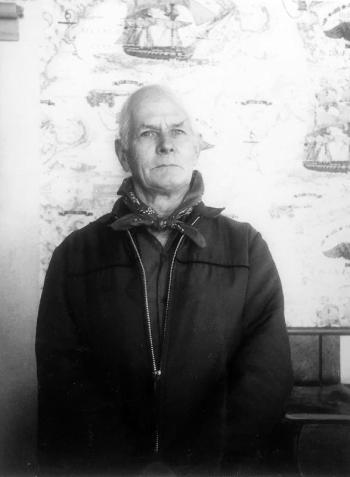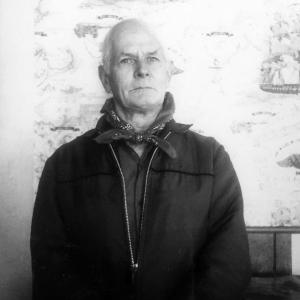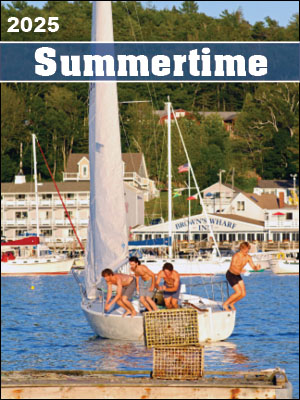Boothbay Region Dumps to 1990, Part III
The Boothbay Dump
The Boothbay dump on what, in my time, was always called and is still called by some the dump road, was on land bought from Lewis Adams in 1981. But memory tells those of us who were here in the 1950s that the dump was there much earlier. Accordingly, I did find that the town appropriated money for a dump in 1950. Useless time spent in town reports made me realize I should have just called Lewis’s wife, Toots Adams, right off to figure it out. She told me the town rented land from her and Lewis for decades. But was 1950 the beginning?
Vincent Lewis worked on the roads in 1936 and 1937, part of FDR’s Works Progress Administration, to put people back to work who were jobless in the Depression. He told me people were already dumping at the present dump site and just across from it at Elbridge Giles’s gravel pit. That would be the present Elbridge’s grandfather, born 1873. Lib and Elliot Barlow, who lived in the Harbor, also remembered taking trash there in the 1940s.
What Toots Said
Toots said her husband's grandfather, Frank Willard Adams, owned the land then and was easygoing, not given to getting hot under the collar about what others might see as a transgression—such as dumping trash on someone else’s land. She and Lewis went to shoot rats there long before it was a town-sponsored dump. So given the foregoing, it looks like the modern age of more careful trash disposal was set in motion in a relaxed way in the 1930s on land rented by the town of Boothbay. That is right where it still is now in the Boothbay region because of the very generous gestures by generations of the Adams family.
My memories of the dump in the 1950s to the 1970s was a fairly large expanse with parts for future burning, parts burning with constant smoke from the low fires, and parts for dumping. There was, I believe, one man in charge and he might have been the only man there. Those I most remember tending the dump were Jimmy Hanna for many years, as did Carroll Gray for many years. They directed trucks to certain locations, tended fires, and set aside usable items. I owe Carroll quite a debt; once he retired he would set time aside to talk about the old days. I’d either take notes or tape him with a video camera repeatedly in 1987. He was excellent with the whole process, and having done every kind of work a man could do here in his era, provided invaluable details of how he supported his family. His own articles he wrote for the Register back in the 1970s are also a great path back into conditions during most of the last century. He had a flair for the dramatic in his telling or writing stories, often inspired by antique items he found at the dump.
Picking the Dump
My friends and I often picked the dump, being young and acquisitive for items that would be useful at home. Tools with broken wooden handles our husbands could make serviceable were great finds—a four-pound mall head with a broken handle—hard to beat! A little table that just needed a wiggly leg’s gluing and/or jamming with large splinters and maybe an unobtrusive screw or two.
Finally in 1977 burning was prohibited and the dump was revamped into a modern facility with a fancier Latinate name, the Boothbay Region Refuse Disposal District. There was less hands-on labor though there will always be some, even if it’s just driving vehicles that move the waste.
By 1977 the Boothbay dump stopped burning and soon became a smooth landfill, manicured with trash, just like Judge Brackett's beautiful yard in the Harbor, mentioned last time. By 1987 a transfer station was in the offing with trash headed out of town; there was talk of fees and recycling.
Recycling
In February 1989 recycling was instituted and provisions were made for cardboard, newspaper, magazines, glass bottles and jars, and plastic jugs to be collected and sold to defray costs. I don’t believe the response of the townspeople was overwhelming. Perhaps the novelty of it at first gave the impression of long-lived success, but I’m afraid its popularity lessened over the years. Many of us never stopped recycling and my household still does it. But as years passed by, we heard the markets were drying up worldwide for America’s trash. As the third world grew more prosperous, their trash grew. They then had to pay to manage their own trash and no longer wished to buy ours to extract what usable items and materials they could and dispose of the rest.
Finally in 1990, the Boothbay Region Refuse Disposal District board of directors announced that the Boothbay landfill, after decades of use, would close September 17 and that the first phase of capping the area would begin later in the fall. There’s still a dump there and recycling, but ultimately almost all the trash goes away in big long tractor trailers. The Boothbay Region Refuse Disposal District contracted with the large Crossroads Norridgewock landfill as the final destination for our towns’ trash. So our metal cans and plastic wrap are above Augusta, about 70 miles away.





























